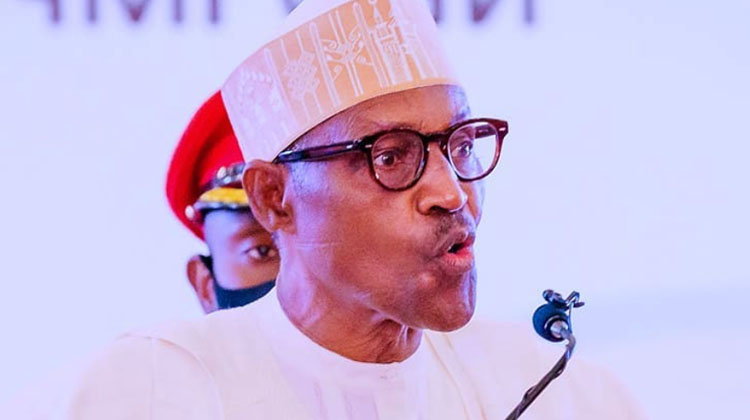
The Federal Government, on Tuesday, said that it had spent so much in subsidising the Premium Motor Spirit, popularly petrol, confirming The PUNCH’s investigative report on the huge fuel subsidy spending by the current regime.
On Monday, The PUNCH exclusively reported that the administration of the President, Major General Muhammadu Buhari (retd.), could spend nothing less than N10.976tn as subsidy on PMS, from when it came to power in 2015 till May 2023.
The report stated that already the government had spent about N6.88tn in subsidising the commodity, according to data obtained from the Nigerian National Petroleum Company Limited and the Nigeria Extractive Industries Transparency Initiative.
Speaking at the second World Energy Day conference with the theme, “Energy Security and Sustainability in Oil and Gas Sector,” the Minister of State for Petroleum Resources, Chief Timipre Sylva, however, noted that with the opening up of the industry, the cost of energy in Nigeria would be made affordable, considering the high amount spent on fuel subsidy.
The WED was organised in Abuja by the National Chamber Policy Centre of the Abuja Chamber of Commerce and Industry.
Sylva, who was represented by an official of the Federal Ministry of Petroleum Resources, Dipo Agboola, stated that the Petroleum Industry Act would further support the opening up of the downstream oil sector to ensure affordable energy for citizens in Nigeria.
Responding to a question on the need to unbundle the downstream oil sector, he said, “We’ve spent so much on subsidy. But when you open up the sector, you will create more opportunities for businesses. Initially, the challenges might be a bit high.
“But over time, it will definitely be in the best interest of the country. Take for example, the telecoms sector. When we first had the likes of MTN and Glo coming onboard, it was N18,000 for a SIM card, but today you can get that SIM card for as low as nothing.
“Also, you now have competition within that sector. So, as a country, it is necessary that we ensure that energy is affordable for our citizens. When energy is affordable to our citizens, then we are able to fulfill part of the Sustainable Development Goals.”
Sylva added, “Under the 17 SDGs, energy is part of it, and these goals are basically to drive the development of citizens within their countries and across the globe.”
On his part, the President, ACCI, All-Mujtaba Abubakar, said energy security was the uninterrupted availability of energy sources at an affordable price which had many aspects.
“Long-term energy security mainly deals with timely investments to supply energy in line with economic developments and environmental needs,” he stated.
He added, “Nigeria has been pursuing energy transition in order to promote economic growth and is gradually investing in renewable energies; primarily solar, in order to reduce carbon emissions whilst continuing to exploit hydrocarbon resources, especially natural gas, the energy transition fuel for Nigeria.
“Energy transition will continue to impact the ability of Nigeria and oil and gas companies to attract capital as banks and investors prioritise environmental, social and governance factors and move away from funding hydrocarbon projects.”
Abubakar stated after the conference, there would be a better understanding of business opportunities within the energy sector; a better appreciation of the government’s efforts to develop the sector; improved private sector investment in clean energy; and new insights on national policy on energy transition.
“I believe that security in the oil and gas sector would help Nigeria meet its OPEC daily oil output as well as meet the energy requirements of the country,” he stated.





